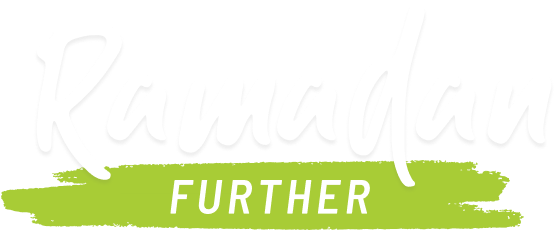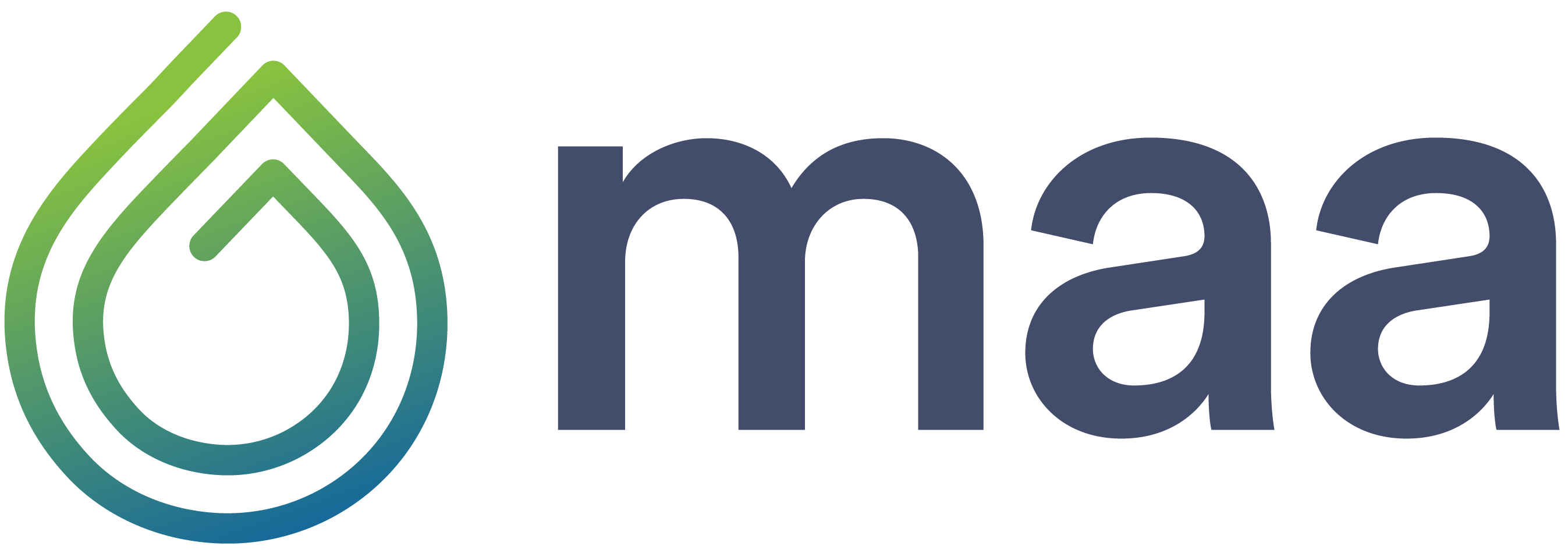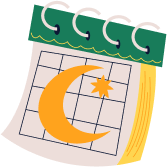
Quick Donate!
Popular Appeals
Islamic Giving
Islamic Giving

The Prophet (ﷺ) was asked
Which Charity is Best?
He replied:
Charity given in Ramadan
Sunan al-Tirmidhi
Why Give with MAA?
Amanah
Your trust, our priority – funds are handled with care and integrity.
Impact
Experience real change through transparent reporting.
Scholar Approved
Backed by trusted Islamic scholars for peace of mind.


Why Give with MAA?
Amanah
Your trust, our priority – funds are handled with care and integrity.
Impact
Experience real change through transparent reporting.
Scholar Approved
Backed by trusted Islamic scholars for peace of mind.

Resources & Tools

Bank Details
Name: MAA International
Bank: NAB
BSB: 082057
Account Number: 251725317
Reference: <CAUSE>
(for International transfer)
SWIFT: NATAAU3303M
PAYID: [email protected]
Frequently Asked Questions
Who is eligible to Pay Zakat in Islam?
Zakat is one of the five pillars of Islam. As such, it is compulsory for Muslims, provided they meet certain conditions and criteria. Any Muslim who possesses the required Nisab (the minimum amount of wealth that one must have before Zakat is payable) for one whole year is bound to pay Zakat on that wealth. Muslims must know precisely how much Zakat they owe and how to Calculate Zakat to ensure the intended recipient receives the correct amount.
Many people choose the blessed month of Ramadan to pay their Zakat, and for good reason. Ramadan is the month of blessings, and the rewards for all good deeds are far more significant in this blessed Ramadan than in any other month.
What is Nisab?
Nisab is the minimum amount a person must have for Zakat to become obligatory. Nisab means ‘origin’ or ‘beginning,’ for it is the amount wherein the recipient’s right in one’s wealth commences.
The Nisab was set by our beloved Prophet Muhammad (peace be upon him) at the equivalent of 85 grams of gold (AUD$7933.90 as of 2025). Please note that gold price changes may increase or decrease depending on when you must pay your Zakat.
How Do I Calculate my Zakat?
Click here to use our Zakat Calculator for an accurate assessment.
Who are the Beneficiaries (Asnaf) of Zakat According to the Quran and Hadith?
To put it in simple terms, people who are poor and suffering are eligible to receive Zakat money. They can be any of the following:
Al-Masikiyn – The needy, destitute & dispossessed: Those below the poverty line, the impoverished, survivors of disaster, IDPs, refugees.
Al-Fuqara – The poor: On or around the poverty line, endemically poor, unemployed, under-employed.
Al-Aamiliyn Alayha – The Executors of Zakat al-Mal: Those who administer & manage the collection and distribution of Zakat.
Al-Muallafat Al-Qulubuhum – The Muslim Converts: This category was specifically designed to get new Muslim converts who were genuinely poor on their feet. It still exists to this day.
Al-Gharimiyn – People in Debt: Those in debt and facing hardship, putting them (and other kin) at risk of impoverishment and exposure to further vulnerabilities
Ibn al-Sabiyl – Travellers/Wayfarers: Muslims in the middle of their journey and out of money are eligible for zakat donations.
What can't Zakat Be Used For?
- Building mosques
- Burying the deceased
- Clearing the debt of the deceased
- Anything the Zakat recipient does not take ownership of, such as water wells, hospitals, etc
How MAA International Uses Zakat
With millions of Muslims donating their Zakat to relief aid organisations worldwide, it is a pivotal way to fight poverty. MAA uses these funds to help poor communities in isolated and remote corners of the world. We help them start small businesses, gain the skills needed to get back on their feet in today’s economy, and essentially come out of poverty. Zakat funds also go towards emergency relief in case of natural and conflicts, such as the Gaza Palestine Emergency, Libya Floods, Morocco Earthquake, Turkey Earthquake, Syria Emergency & Yemen Emergency Appeals.
Making the Intention (Niyat) of Zakat
Making an intention is integral in Islam. It can be found in virtually every action within a Muslim’s life. Muslims make an intention to pray before they pray. The same goes for fasting and Hajj. It is, therefore, mandatory to make the intention of giving Zakat, either at the time of organising the payment or at the time of payment.
General Conditions of Zakat
Making Niyat is only half the task. Muslims must also consider the following conditions to ensure their Zakat contribution is paid correctly.
Ownership: The Zakat is owed to those eligible, and the beneficiary must take ownership of the Zakat.
- Recipient’s Eligibility: Every shred of aid given must reach only those who need it most. As such, recipients of Zakat must be sufficiently poor to receive it. If they don’t have personal assets that meet or exceed the nisab, they are eligible to receive Zakat.
- Paying Zakat In Advance: People who wish to pay for Zakat in advance can do so. We have many donors who have scheduled their Zakat payments weekly, monthly, and bi-annually. The pre-paid amount can be offset against the zakat liability incurred in the coming year.
- Payment in Kind: Zakat can be paid in many ways. The ideal way for today’s fast-paced world is cash, or if some people prefer, they can pay in kind as long as the value of goods is equal to the cash amount and the recipient has agreed to accept the goods in kind.
What Items Fall Under the Scope of Zakat?
Jewellery and Precious Metals: For example, Gold and Silver. Both come under Zakat, even if used merely for decorative purposes. The reason it’s included as part of your Zakat is because it contributes towards your cumulative wealth, and their worth must be tabulated when calculating Zakat.
Cash, Bonds, or Stock: Any cash, bonds, or stock one might have in their savings account. The amount should be in the bank for one year. Loans given or funds received are also part of the Zakat process.
Cattle and Crops: Cattle and crops over one’s needs.
What is the difference between tax and zakat?
Some people might think Zakat is a form of tax. It is not. Zakat and tax are two entirely different things. One is a spiritual act and an obligation as a caring human being; the other is a requirement of secular law. The concept of Zakat is to assist people experiencing poverty and those suffering to help them end their suffering and get back on their feet.
If you have any further questions, feel free to call us on 1800 100 786 or email us at [email protected].






